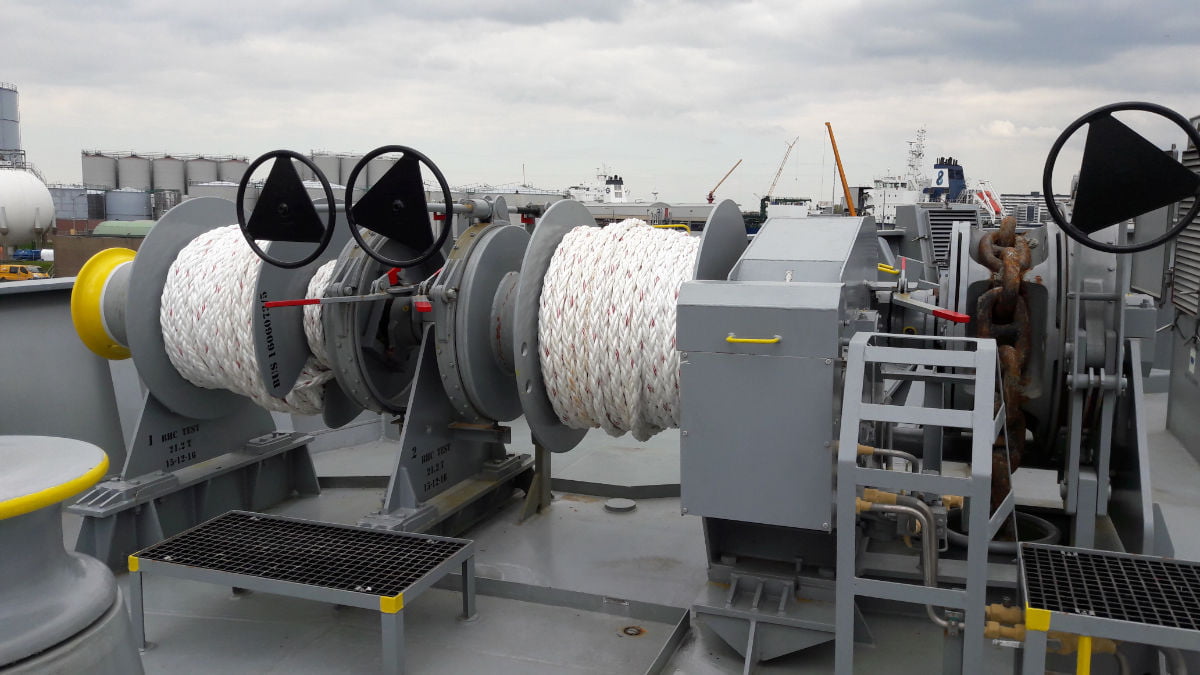
SOLAS Compliant Mooring Ropes
SOLAS and IMO: The Foundations of Maritime Safety
SOLAS (Safety of Life at Sea) is an international treaty that sets the minimum safety standards for ship construction, equipment, and operation to ensure maritime safety. It applies to all ships engaged in international voyages, ensuring they meet strict requirements to protect the lives of crew and passengers.
IMO (International Maritime Organization) is a specialized agency of the United Nations responsible for regulating shipping worldwide. It develops and maintains a comprehensive regulatory framework that includes safety, environmental protection, legal matters, and maritime security.
TEHO Ropes Europe and SOLAS
At TEHO Ropes Europe, we believe that safety is the cornerstone of every maritime operation. By aligning with these standards, we ensure that our mooring ropes and related products meet the highest levels of safety and reliability. This commitment means our clients can trust that they are using products that not only comply with international regulations but also contribute to safer and more efficient maritime operations.
Our mooring ropes and certificates conform to IMO Guidelines MSC.1/Circ.1175 and MSC.1/Circ.1620 and all ropes are inspected visually during the manufacturing process and before delivery.
By adhering to these standards, we help prevent accidents, protect lives, and support the sustainability and integrity of the maritime industry. For us, it’s not just about meeting regulations; it’s about setting a standard of excellence that ensures every voyage is a safe one.
